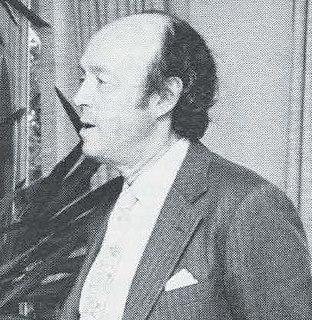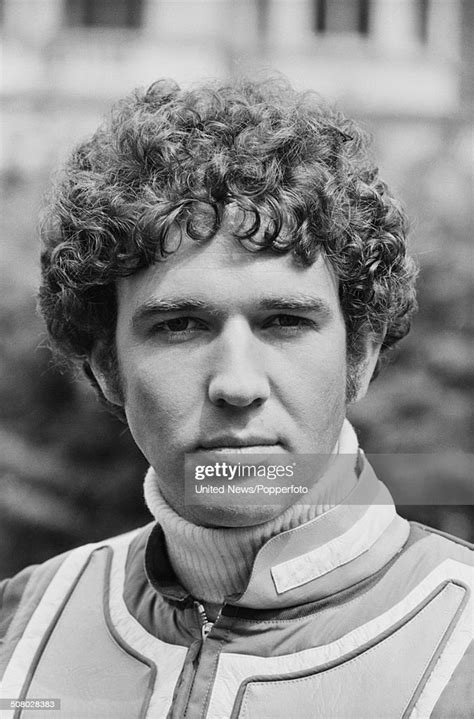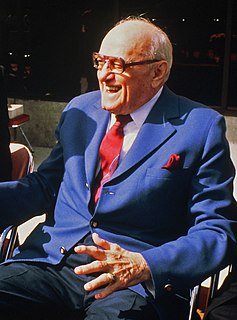A Quote by Floyd Abrams
I would say that the Pentagon Papers case of 1971 - in which the government tried to block the 'The New York Times' and 'The Washington Post' and other newspapers from publishing papers that they obtained from a secret study of how we got involved in the war in Vietnam - that is probably the most important case.
Related Quotes
Say the Pentagon Papers, - that material went much deeper. It went into internal government planning back for twenty - five years. Those are things that the public should have known about. In a democracy they should have known what leaders thinking and planning about major enterprises like the Vietnam war. It was kept secret from them.
In hindsight, Watergate was a curse as well as a blessing for American journalism. The courageous reporting of the 'Post' and the 'New York Times' - coupled with the favourable Supreme Court rulings on publication of the Pentagon Papers - were landmarks for the interpretation of First Amendment rights and the freedom of the press.
There are so many websites I read; I look at everything from Slashdot to Ars Technica to the business technology sites, major newspapers like the 'New York Times,' and my local papers where I live, which cover the sports teams I'm involved with. There are about 20 sites we go to regularly, and I do use Twitter and Facebook as well.
In America, there's a very long tradition of a comic strip that comes in newspapers, which is not true all over the world. To sell papers, they put color comics in. It's worked, up until now. Now these papers can't afford it. They always had minuscule ad budgets, and now the things which people probably read these papers for are gone.
I'm dealing with Mexico, I'm dealing with Argentina. We were dealing in this case with Mike Flynn. All this information gets put into The Washington Post and The New York Times, and I'm saying, what's going to happen when I'm dealing on the Middle East? We've got to stop it. That's why it's a criminal penalty.
The papers that flourish will be papers that serve a national audience. Papers that have figured out how to make the transition to the electronic platform that aren't simply providing a duplicate experience of the words on paper experience, but are doing something that arises organically from the new electronic medium. It's really just a matter of finding the right platforms for the way people want to read newspapers. I mean, maybe it will be the iPhone. But one way or another, newspapers on paper are just not really going to exist to any significant degree within a decade.
I have told somebody in court that 'I understand yours is the most important case in the world, and I'm trying to treat it as the most important case in the world, but five minutes from now I'm going to be dealing with the next person's most important case in the world.' For every litigant, theirs is the most important case.
In the Obama administration's Washington, government officials are increasingly afraid to talk to the press. The administration's war on leaks and other efforts to control information are the most aggressive I've seen since the Nixon administration, when I was one of the editors involved in The Washington Post's investigation of Watergate.
At last, the newspapers discovered the Bears. I kept writing articles about upcoming games, and by reading the papers, I learned editors like superlatives. I blush when I think how many times I wrote that the next game was going to be the most difficult of the season or how a new player was the fastest man in the West.


































